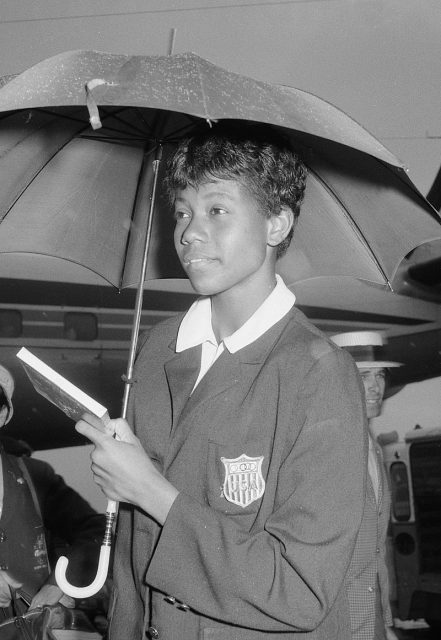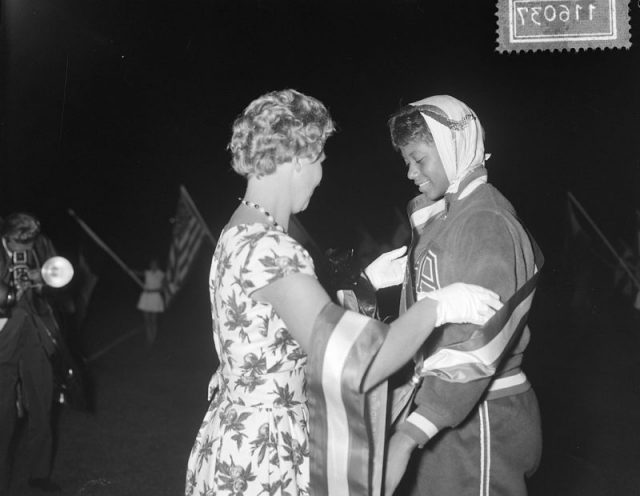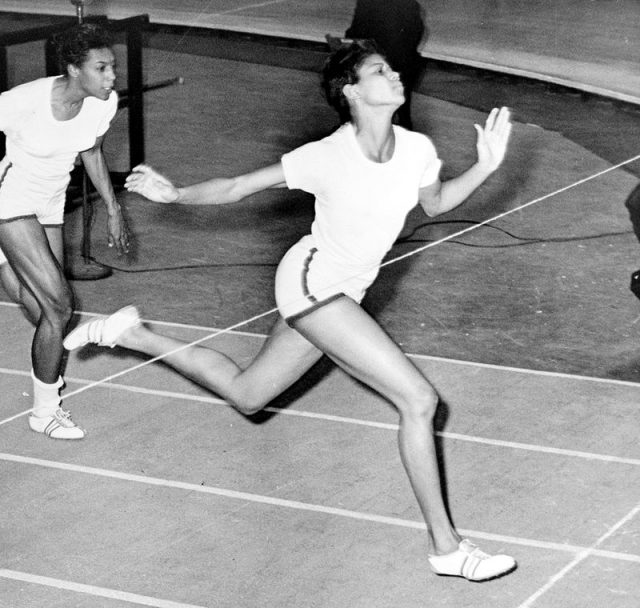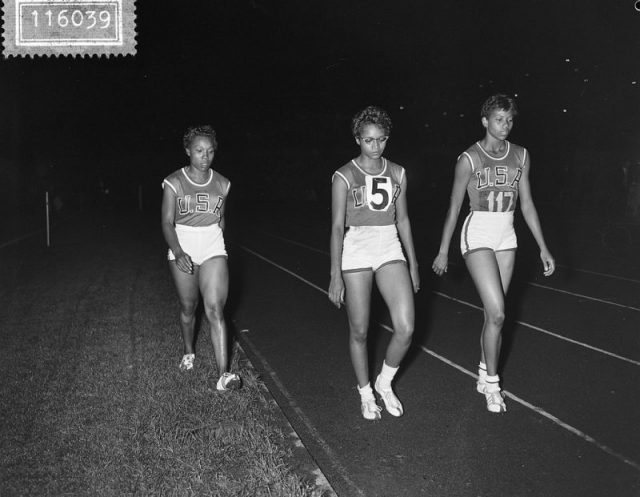On June 23, 1940, Wilma Rudolph was born to Blanche and Ed Rudolph. She was Ed’s 20th child, a product of his second marriage. Wilma was small, weak, and frail, but she was also born a fighter.
Weighing less than five pounds and being born early is hard enough, but Wilma was also born in a town where the only hospital was segregated, and only whites were allowed. Her mother wouldn’t give up, however, and Wilma grew.
The first years of her life were filled with disease; measles, mumps, scarlet fever, and, worst of all, polio, the same disease that rendered Franklin D. Roosevelt paralyzed.

When Wilma came down with polio, her mother took her to the only black doctor in town, and when the doctor examined her, the prospects were grim.
The doctor told Blanche that Wilma would never walk, but Blanche swore that he was wrong. In an effort to save Wilma from the terrible disease, she took her to Meharry Hospital, the medical college at Fisk University in Nashville.

According to United States History, “Blanche took her there twice a week for two years, even though it was a 90-mile round trip.” This consistent medical attention, combined with extensive care at home given by Wilma’s mother and siblings, allowed her to walk normally by the time she was 12. This would be the start of her incredible rise to fame.
At the beginning of junior high school, she took an interest in basketball, and when she moved on to high school, it became a passion. Wilma worked hard, throwing herself into athletics, and she broke state records.

Then, at a state tournament, she was spotted by Ed Temple, the women’s track coach at Tennessee State University. This would be the turning point in her life as Temple invited her to a summer sports camp run by Tennessee State. Wilma focused on track from then on, and, at the age of 20, she participated in the Olympics in Rome. That is where she really shone.
Wilma participated in three events, the 100 and 200 meter individual events and the 4×100 meter relay. In the 100 meter dash, she won the gold medal and broke the world record, finishing in 11 seconds.

ESPN says that, because of a 2.75 meter per second wind — above the acceptable limit of two meters per second — she didn’t receive credit for a world record.
This wouldn’t slow her down, however, as she broke the world record in the opening heat of the 200 meter event, finishing in 23.2 seconds, and won gold in the finals. Then, in the 4×100 relay, she was able to run down the German anchor leg after a bad baton pass and stunningly finished with her third gold medal.

Wilma would return to her hometown an Olympic champion, and, upon her return, a parade was planned. She refused to join in the parade unless it would be an event without segregation, and the planners agreed.
This would be the first stepping stone in unifying both populations in the town, as all races were welcome to form a true community. This would be the end of her competitive athletic career, but Wilma had other plans.

After retiring from running, she took a teaching position at her old elementary school and also helped to coach the track team at her high school. Later on, she moved to Maine and then Indiana to continue her coaching career.
In 1967, Vice-President Hubert H. Humphrey invited Wilma to work on “Operation Champ”, an outreach program created for inner city youths in 16 major cities around the U.S.
This program sparked her interest in nonprofits, and she created the Wilma Rudolph Foundation which provided sports coaching and academic assistance for underprivileged children.
She would go on to write an autobiography, produce a movie of her autobiography, and become a consultant.
On November 12, 1994, Wilma Rudolph died of a brain tumor, but the impact she had on the people and culture of the United States would live on for decades after.
